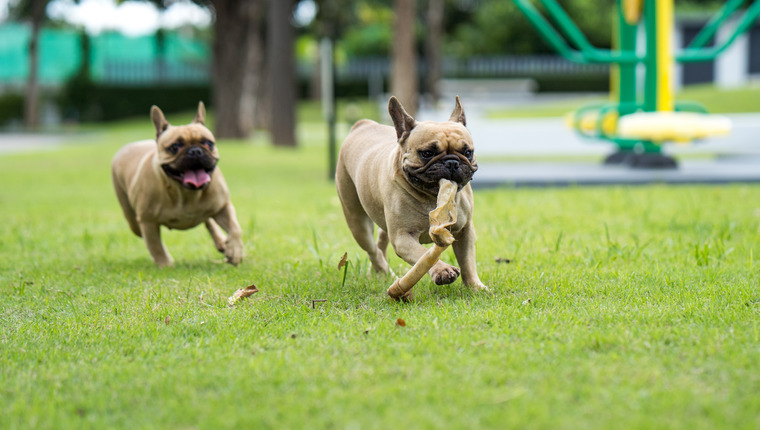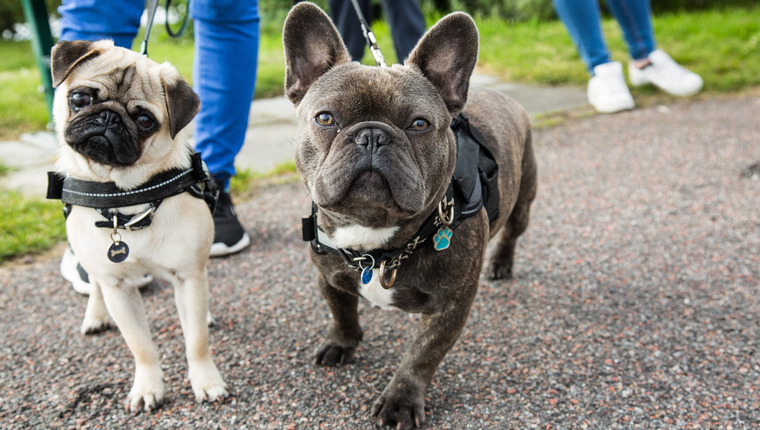
Officials in the Netherlands are tightening a ban on flat-nosed dogs and cats with folded ears. Notably, the ban outlaws being a pet parent to such animals, as well as importing and exporting them.
According to DutchNews.nl, farm and wildlife minister Piet Adema explained that legislators tightened restrictions on breeding dogs with flat noses and cats with folded ears in 2014 and 2019. However, people are still breeding and trading them illegally.
In a letter sent to the Dutch parliament, the minister also said, “We make life miserable for innocent animals, purely because we think they are beautiful and cute”. As a result, the minister said, “That is why today we are taking a big step towards a Netherlands where no pet has to suffer from his or her appearance”.
An Expected Tightening on Restrictions for Certain Dog Breeds
In 2014, the Dutch government voted to prohibit “the breeding of about 20 short-snouted dog breeds”, according to the Federation of European Companion Animal Veterinary Associations (FECAVA). Interestingly, the law uses a ‘traffic light’ system to determine which dogs pass the snout-length test. Specifically, snouts must be a third or more of the dog’s total head length.
Animal advocates lauded the law as a vital step in stopping the unethical breeding of short-snouted—also known as brachycephalic—dog breeds. Unfortunately, while many dog parents find Pugs and French Bulldogs appealing, their altered anatomy has serious health detriments. Among many things, short-snouted breeds suffer from heat stroke and serious respiratory conditions.
The Flat-Nosed Dogs Ban Also Affects Social Media
Interestingly, the updated rules include restrictions on portraying flat-nosed dogs on social media and in commercials.
“Issues like enforcement and the ‘freedoms of social media’ will take time to work out carefully,” minister Adema said. “But we want to let people know this is coming.” Importantly, the law includes a transition period for existing pets to live their lives and pass away naturally.
However, the law has met pushback from Dutch breeders and dog parents who say they’re being unfairly stigmatized. The UK Times reports that several people worry the law is vulnerable to abuse and charges of discrimination. Additionally, many advocates feel the law will be difficult to enforce with matching legislation across the European Union.




